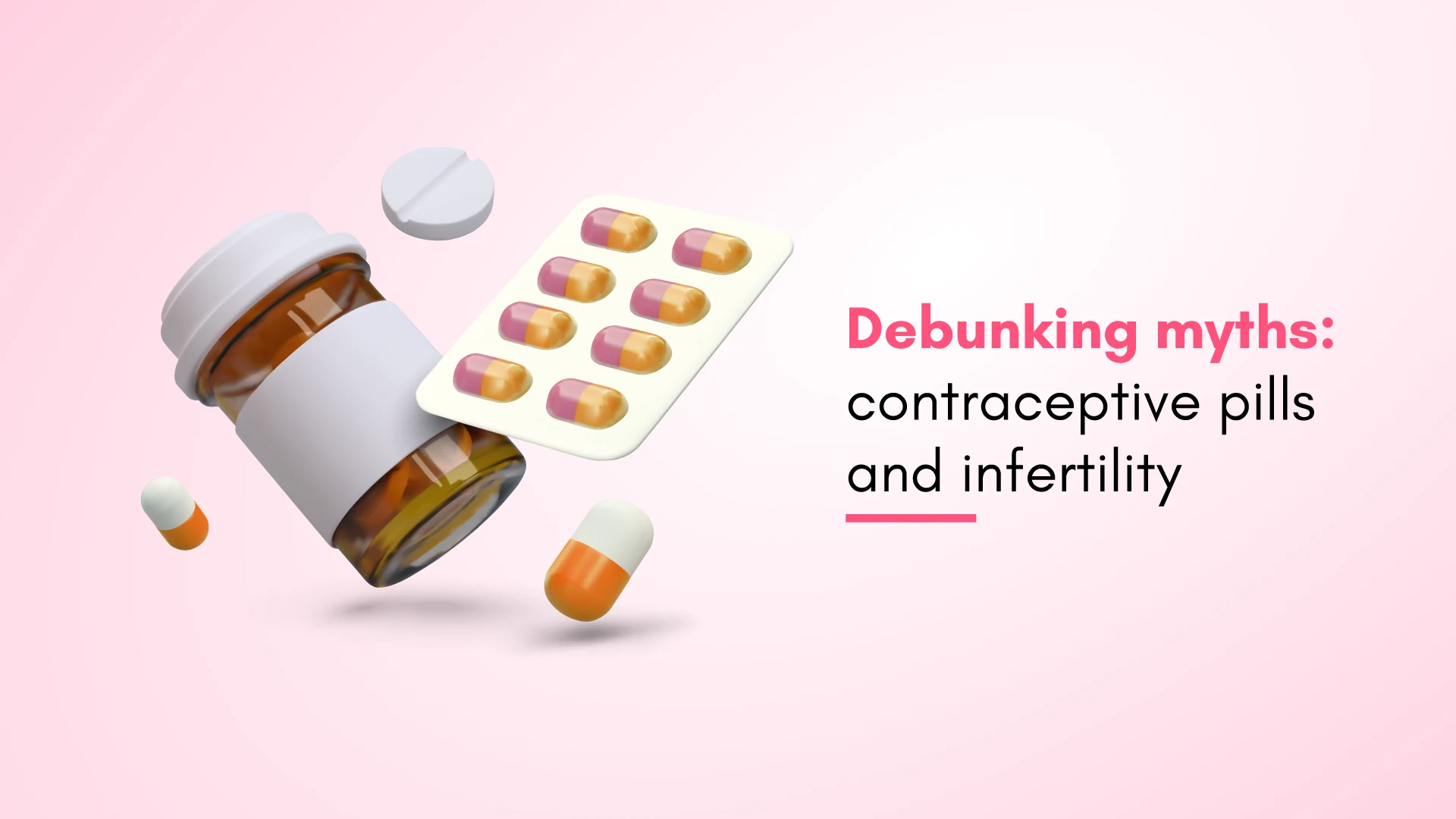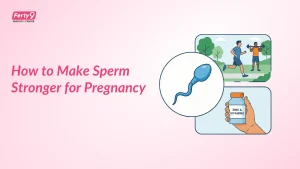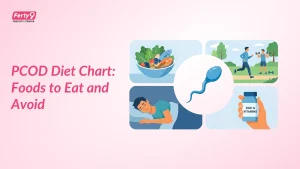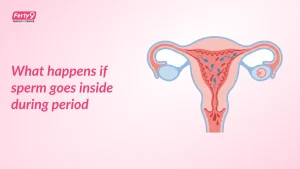Are you worried that using contraceptive pills might affect your chances of having children in the future? Let’s clear up the confusion surrounding this common concern. It’s time to separate fact from fiction and provide the right information. Understanding the truth about contraceptive pills and fertility is crucial for making informed choices about your reproductive health. Join us as we debunk myths and explore what science says about the relationship between contraceptive pills and infertility.
What are Contraceptive Pills?
Birth control pills, also called simply “the pill”, are a type of oral contraception method for females that use hormones to prevent pregnancy. Administered orally, they are small pills typically taken once daily.
Birth control pills work in a few ways to prevent pregnancy:
- Ovulation suppression: The pill prevents ovulation, which is the release of an egg from the ovary. When no egg is released, there is no egg for sperm to fertilize.
- Thickening cervical mucus: The pill thickens the mucus in the cervix, thus making it more difficult for sperm to reach an egg.
- Uterine lining changes: The pill can also thin the lining of the uterus, making it less hospitable for a fertilized egg to implant.
There are two different types of contraceptives:
- Combination pills: They are the most common type of birth control pill because they contain both estrogen and progestin.
- Progestin-only pills (minipills): Minipills contain only progestin. They may be good contraceptive pill options for women who cannot take estrogen, such as those who have a history of blood clots or breast cancer.
Contraceptives for women are very effective at preventing pregnancy when taken correctly. When used perfectly, they are 99% effective. However, typical use effectiveness is around 91%, which means that about 9 out of 100 women who use birth control pills will get pregnant each year. This is because perfect use is not always possible. For example, a woman may forget to take a pill or may take it at a different time each day.
Taking birth control pills is a safe and effective way to prevent pregnancy for many women. However, they are not right for everyone. Hence, discuss the associated risks and benefits with your doctor if you are considering taking birth control pills.
Common Myths about Contraceptive Pills and Infertility
Let’s address some prevalent myths surrounding contraceptive pills and their supposed impact on fertility.
Myth 1: Contraceptive Pills Cause Permanent Infertility
Contraceptive pills for women do not cause permanent infertility. These pills work by temporarily affecting ovulation and hormone levels, not by damaging eggs or reproductive organs. Once you stop taking the pills, your reproductive functions typically return to normal within a few months. This means you should be able to conceive again just as easily as before.
Myth 2: Long-Term Use of Contraceptive Pills Leads to Infertility
There’s no evidence that using birth control pills for a long time reduces your ability to get pregnant in the future. Extensive studies have shown that regardless of how long you take the pills, your fertility returns to normal after you stop.
Myth 3: Contraceptive Pills Affect Future Fertility Negatively
There is no evidence to suggest that contraceptive pills negatively affect future fertility. In fact, some studies suggest contraceptive pills might provide protective benefits against certain fertility issues. The pill can help regulate periods, which can be beneficial for women with irregular cycles. Additionally, it may protect by lowering the risk of pelvic inflammatory disease (PID), a condition that can affect fertility.
Myth 4: Contraceptive Pills Cause Delayed Fertility Return
While some women may experience a temporary delay in ovulation after stopping the pill, this usually only lasts for a few cycles. Your body simply needs some time to adjust back to its natural hormone production. In most cases, fertility returns within a few months to a year after stopping the pills.
Myth 5: Hormones in Contraceptive Pills Harm Ovarian Reserve
The pill doesn’t harm your ovarian reserve, which refers to the number of eggs you have left. The eggs are present in your ovaries from birth, and the pill doesn’t affect their quantity. It only affects ovulation, the release of those eggs.
Myth 6: Contraceptive Pills Cause Irregular Menstrual Cycles Post-Use
This can happen in some women, but it’s usually temporary. Your body might need a few cycles to readjust after stopping the pill, but your periods should return to normal fairly quickly.
Myth 7: Contraceptive Pills Lead to Birth Defects in Future Pregnancies
There’s no link between taking birth control pills and birth defects in future children. The hormones are at very low doses and leave the body relatively quickly.
Myth 8: Contraceptive Pills Cause Long-Term Hormonal Imbalance
Birth control pills contain synthetic hormone versions that are naturally produced in your body. Once you stop taking them, your body resumes its own hormone production and regulates itself within a few months.
Myth 9: Contraceptive Pills Reduce Overall Fertility
Birth control pills help to prevent pregnancy by stopping ovulation, but they have no lasting effect on your fertility. As mentioned earlier, they may even offer some protection against certain fertility problems.
Myth 10: All Women Have the Same Reaction to Contraceptive Pills
Every woman’s body is different, so how you react to pregnancy control pills can vary. Some women experience no side effects, while others might have some temporary ones like breast tenderness, mood swings, or nausea. If you experience bothersome side effects, talk to your doctor about trying a different type of pill.
Conclusion
In conclusion, understanding the realities behind contraceptive pills and fertility dispels misconceptions and empowers informed decisions about reproductive health. If you have further questions or concerns about good contraceptive pills, consult with our experts at the Ferty9 clinic. Take a step towards your journey from hope to happiness by making informed choices that prioritize your well-being and future fertility.





























